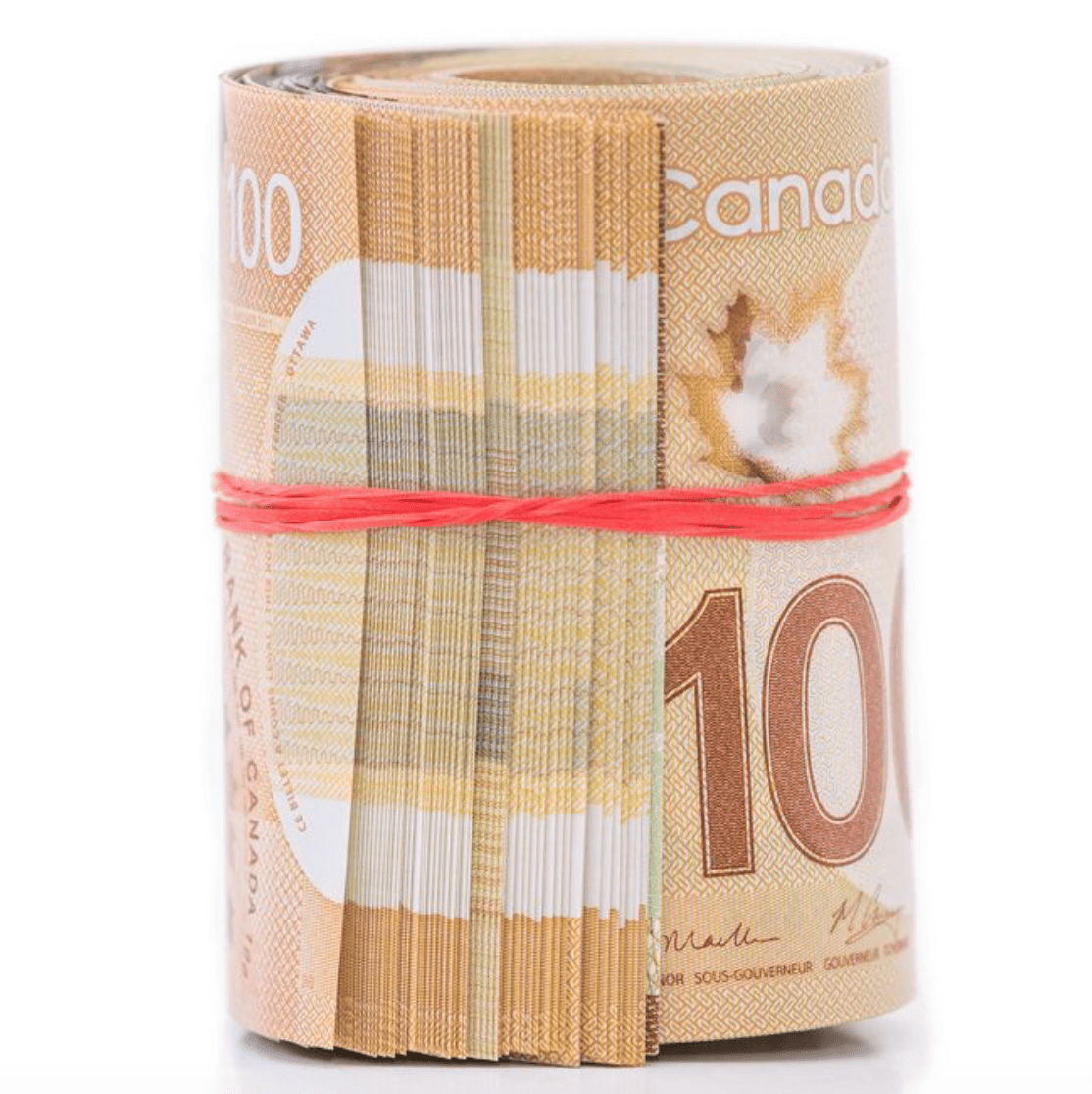I'm sure most people won't shed too many tears about this, but Canada's political parties will likely soon be facing a massive cash crunch.
After all, even in the best of times, fundraising for political parties is a difficult task, but during a scary pandemic, the job of persuading citizens to open up their wallets in the name of partisanship has got to be nearly impossible, since even the most rabid donors are likely more worried about whether or not they'll be alive next week, than about the fiscal state of their favorite party.
This is why I suspect our politicians will soon be pushing the idea that we need to reinstate the policy of providing government subsidies for political parties. Indeed, some have already done so.
And yes, this idea might get a lot of support among politicians and among some elements in the media, since it would help political parties keep their lights on, but for what it's worth, I think using public money to subsidize the Liberals, Conservatives and the NDP is just plain wrong.
But before I get to my objections, let's review exactly how this "welfare for politicians" program worked in the past.
It all started back in 2003 when Liberal Prime Minister Jean Chretien introduced sweeping reforms as to how political parties would be financed. Basically, in the name of getting money out of politics, Chretien banned corporate and union donations to political parties, while also imposing a strict limit as to how much individuals could contribute.
To help parties make up for any financial loss, the government would subsidize political parties based on how many votes they received in the previous federal election; it worked out to be about $2 per vote.
Then in 2011 Prime Minister Stephen Harper's Conservative government did away with the subsidy program. (Though the Harper government also tightened restrictions on individual political contributions.)
OK, so why am I opposed to bringing these subsidies back?
Well, I have a couple of reasons.
First off, there's the question of perception; is it really a good look for political parties to be taking care of their own economic interests at a time when a lot of Canadians will be struggling to make ends meet and when a lot of small businesses will be failing?
Seems to me that would be a totally tone-deaf move and one that would probably increase the level of anger and resentment among the Canadian population towards our institutions.
That, I'd argue would be a bad thing.
Now you're probably saying to yourself, "In the grand scheme of things, you're not talking about a lot of money here. Maybe $44 million per year. Surely, that's a small investment to make sure our political parties can operate efficiently?"
To that I would answer, whether the subsidies cost taxpayers $44 million or $44, there's still the question of principle.
My point is, isn't it morally wrong to force taxpayers to financially support a political party and thus a particular point of view? Indeed, isn't that an infringement on free speech? Just as everyone has a right to express an opinion, everyone also has a right not to be forced to express one. As Thomas Jefferson put it, "To compel a man to furnish contributions of money for the propagation of opinions which he disbelieves and abhors is sinful and tyrannical."
My other objection to using tax dollars to subsidize political parties, is that it cuts politicians off from their own grassroots base.
In other words, fundraising is a good tool for political parties to gauge the mood of their supporters, because if a political party is managing to raise buckets of cash, it means its message must be resonating.
Likewise, if it's not raising money, it's likely a signal that the party brass should alter their course and change their strategy because whatever their doing isn't motivating their own supporters.
In short, a party relying on pogy, won't get those fundraising signals.
Plus keep in mind, even without a public subsidy political parties already have many built-in perks to help them cope in troubled economic times, i.e. Donors to political parties can take advantage of generous tax credits and political parties can be reimbursed 50%-60% of their election expenses.
Small businesses in the private sector don't enjoy such benefits.
Now, don't take my objection to public subsidies to mean I'm not sympathetic to political parties.
I fully realize, that for the foreseeable future, it's going to be difficult for them to pay for the things they need to do to win elections.
But I'd argue alternative options exist for political parties other than gouging taxpayers in the wallet; one option, for instance, would be to simply loosen some of the campaign finance rules in place.
Right now, for example, it's illegal for an individual donor to contribute more than about $1,600 a year to a political party.
That's absurdly low.
Why not raise that a bit, at least during the pandemic?
I think democracy would survive with looser donation rules, and so would our political parties.






